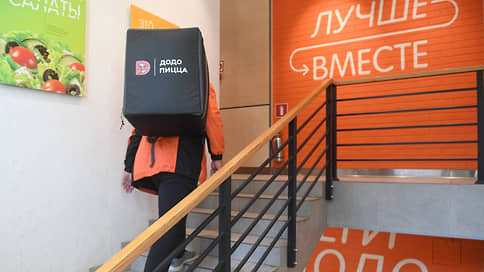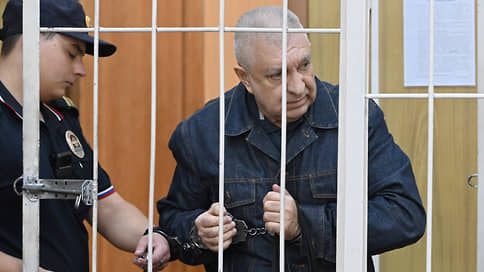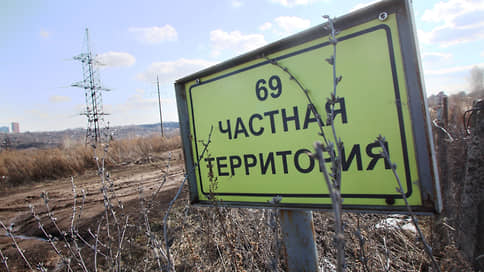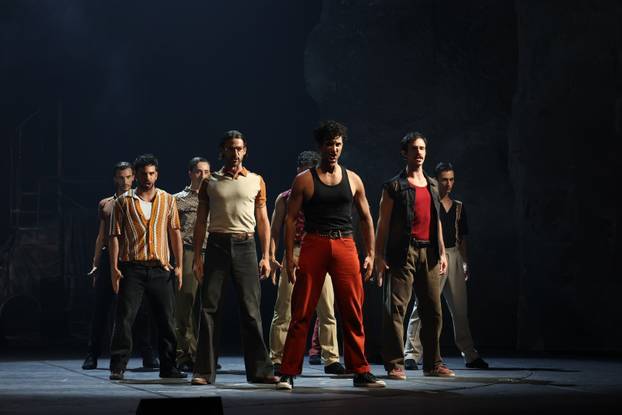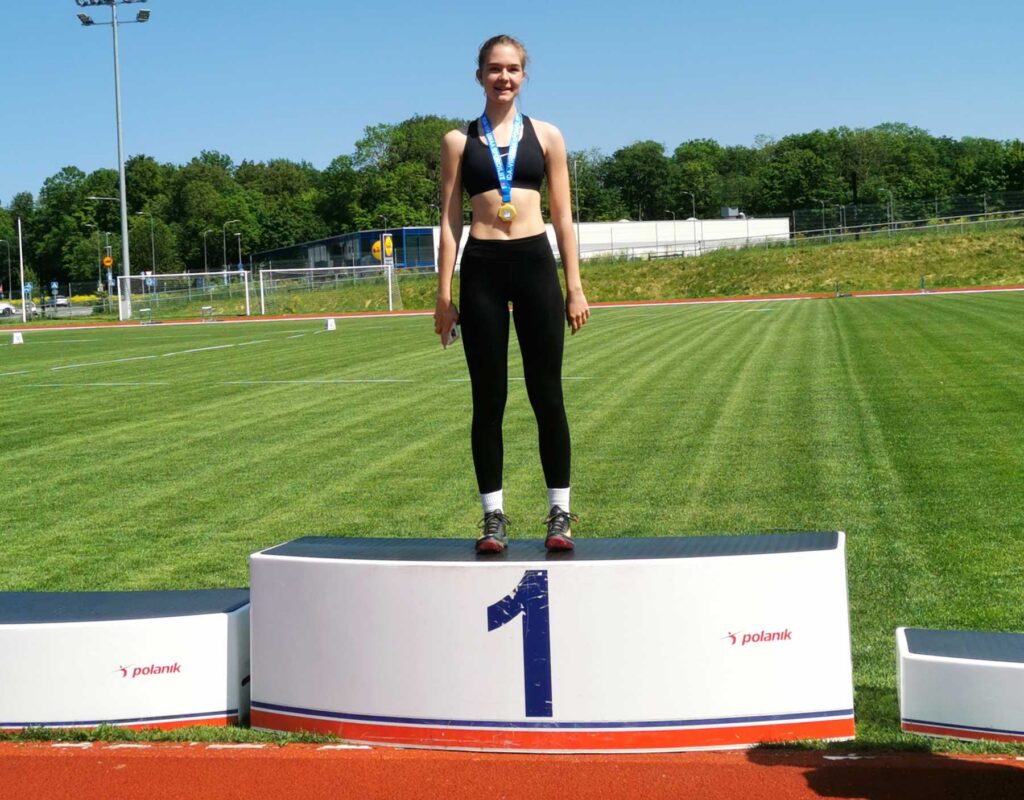Shoigu discussed calls and opportunities with experts for the global south and east
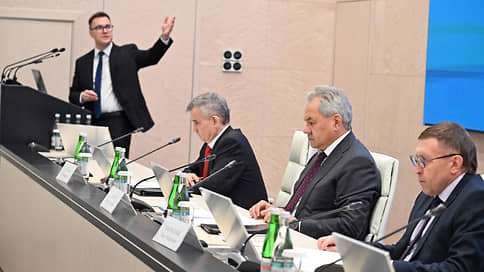
In Moscow, the first plenary meeting of the Scientific and Expert Council of the Council of Council of the Russian Federation under the leadership of Sergei Shoigu was held. The key question of the agenda was indicated as follows: « The formation of architecture equal and indivisible security: challenges and opportunities for the global south and east. » According to Sergei Shoigu, in the context of confrontation with the West and strengthening of non -Western centers of economic growth and political influence, the development of relations with the states of the South and East becomes a priority for Russian foreign policy. The director of the National Research Institute of the World Economy and International Relations of the Russian Academy of Sciences Fedor Voitolovsky, who made the importance of working in this direction with statistics, who made the main report.
The plenary meeting of the Scientific and Expert Council of the Security Council was held on Friday in Old Square. At the invitation of the Secretary of the Security Council, Sergey Shoigu was attended by representatives of various structures – from the State Duma and the Patriarchal Commission on Family, Protection of Motherhood and Childhood to the State Corporation of the Development of VEB.RF, MGIMO, HSE, the Russian Council for International Affairs and a number of other organizations. The Scientific and Expert Council under the Security Council of the Russian Federation was created by the Decree of President Vladimir Putin at the end of December last year (he replaced the Scientific Council that previously existed under the SB of the Russian Federation) for the purpose of scientific, methodological and expert-analytical support for the activities of the Security Council. Its decisions are advisory in nature. The Council consists of the Presidium (it is headed by Sergey Shoigu) and ten relevant committees. The first meeting of the presidium took place in January.
The main theme of the agenda of the first plenary meeting of the Council was: « The formation of architecture equal and indivisible security: challenges and opportunities for the states of the Global South and East. »
“The topic was not chosen by chance,” Sergey Shoigu said during his introductory word. The dominance of the West is a thing of the past. Russia, China, India, Brazil, other countries of the Global South and East become new centers of economic growth and political influence. ”
Despite this, as Sergei Shoiga noted further, « the West continues to act familiar by sanctions pressure, blackmail and threats to use force. » “Against the states conducting an independent domestic and foreign policy, unlawful methods of interference in their internal affairs are involved, humanitarian crises and armed conflicts are provoked,” continued Sergey Shoigu.
The need to withstand external pressure, threats and challenges of modernity puts, according to him, to Russia and the countries of the global south and east, « the extreme important task of developing mechanisms to ensure equal and indivisible security for all states. » The growth of the economy, significant energy, water, food resources, the aggregate human and technological potential of the states of the Global South and the East become, as he later noted, the main factors to strengthen their safety and formation as independent centers of the multipolar world. “The development of cooperation with the states of the Global South and East on the basis of mutual respect for national interests, traditions and values, independence and sovereignty of states is a priority area of Russia’s foreign policy,” said the Secretary of the Council of People’s Commissars of the Russian Federation.
Then he conveyed the word for the main report to the director of the National Research Institute of the World Economy and International Relations of the Russian Academy of Sciences (IMEMO RAS) Fedor Voitolovsky. He devoted his performance to the formation of a polycentric world order, having examined in detail the trends of recent years in the global economy, trade, energy, environmental and food security.
Among other things, the expert noted that the Western countries cease to be engines of globalization of the world economy and global growth leaders, their role is still high in many areas, but gradually decreases relative to the dynamics of new leaders.
Fedor Voitolovsky reinforced his thesis by the calculations of IMEMO RAS, according to which by 2030 China will come first in terms of GDP, the USA – in the second, the EU in the third, India in the fourth and Russia on the fifth. By 2040, the EU and India, according to the Forecast of IMEMO, will change places. At the same time, as the expert recalled, now the BRICS-10 countries bypass the G7 states in total indicators of GDP.
Developing countries, as Fedor Voitolovsky further noted, will also be centers of demographic growth in the coming decades. According to the median scenario of the UN forecast, the world population will increase from 8.2 billion people in 2024 to 9.7 billion in 2050. The main increase, according to the expert, will have to, on the countries of the Global South and the East, which will create the prerequisites, on the one hand, to strengthen migration flows (and this can threaten risks for the global north), and on the other, for economic growth caused by growing consumer activity.
Separately, Fedor Voitolovsky stopped at the often sounding theme of rare earth metals, which, in particular, are needed for the development of microelectronics. According to the reserves of such materials, as he showed on the slide, non -decayed countries are also leading – China, Vietnam, Brazil, Russia and India. Touching on the reserves of Ukraine, which is discussed in connection with the preparatory raw material transaction with the United States, the director of IMEMO noted that this topic raises many questions from him. There are no reliable fresh data on the reserves of Ukraine, according to him, there are Soviet ones, but they require update. According to the speaker, in this story there is more politics than the economy.
A separate slide in the report of Fedor Voitolovsky was dedicated to the growth of military spending in the world. According to the expert, their dynamics suggests that « unfortunately, we are already in the phase of the new arms race. »
The expenses of military needs are actively increasing both Western (in the leaders – the USA, Great Britain, France, Germany, Poland), and non -Western countries (China, Russia, India, Saudi Arabia).
“We have a difficult period. In this simultaneously highly competitive and interdependent world, we will need to build a balanced foreign policy and ensure national security in interaction with all the old and new centers of the emerging polycentric world order, ”the expert said in conclusion.
Sergei Shoigu commented on some points of the report and, in particular, noted that the arms race never stopped, but approached the new stage with the advent of hypersonic weapons.
Next, the press was asked to leave the hall, and the discussion continued in closed mode.
On May 27–29, in Moscow, under the auspices of the Council of People’s Commissars of the Russian Federation, an international meeting of high representatives who oversaw security issues will be held. More than 100 delegates have already confirmed participation in it, mainly from the countries of the global south and east. At the same time, earlier Sergei Shoigu, in an interview with journalists, said that the Russian authorities for the first time in a long time will invite the annual event and security forces from the United States to this.

